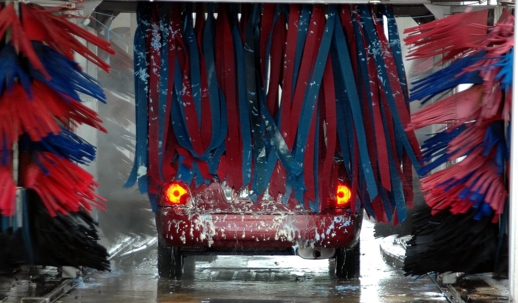With rising fuel prices and costly car repairs, the last thing you want to worry about is having your car break down. Follow these simple tips to help extend the life of your vehicle. Open (or download) your owner’s manual.Whether you drive an older vehicle or you just drove a new one off the lot, getting to know your make and model is the best way to understand the specific needs of your vehicle. This is also where you’ll find helpful information like how to remove the spare tire and jack; or what every dashboard symbol means. If the manual isn’t with the car, check the manufacturer’s website—most offer online manuals for free. Learn some basic car maintenance.Tire pressure, oil, and air filters are a great place to start.
Keep your car clean.Clutter contributes to distraction, and that distraction lowers your ability to process information. A clean car can help you avoid dangerous distractions that may cause you to crash. But safety isn’t the only reason to keep your car clean. A properly cleaned car has less wind resistance, resulting in a smoother ride and improved fuel economy. Wash down your car and its undercarriage often and do so every season. Wait a minute.Driving your car immediately after start-up increases friction between tightly-packed engine components, which wears them out faster. Let your car idle for 30 to 60 seconds after you start it to allow the oil to get up to temperature and flow through the engine. Take a walk.Short-distance drives can also adversely impact your car (unless your car’s electric). Starting a car takes more energy than you think, and afterward, it needs a recharge from the alternator. If you only ever go short distances, the alternator can’t charge the battery enough and, eventually, you’ll find yourself with a dead battery and an overworked alternator. If the drive is short (i.e., any distance that’s too quick for your car to heat up to optimal temperature), consider a walk instead. Anyone can master these simple maintenance tips, even young teens and inexperienced drivers. Share this information with friends and family to encourage them to take care of their car in the new year. |

Simple (And a Few Surprising) Ways to Extend the Life of Your Vehicle
Serving Families Throughout Jacksonville
|
By
Jason K.S. Porter
Categories:
Share To: